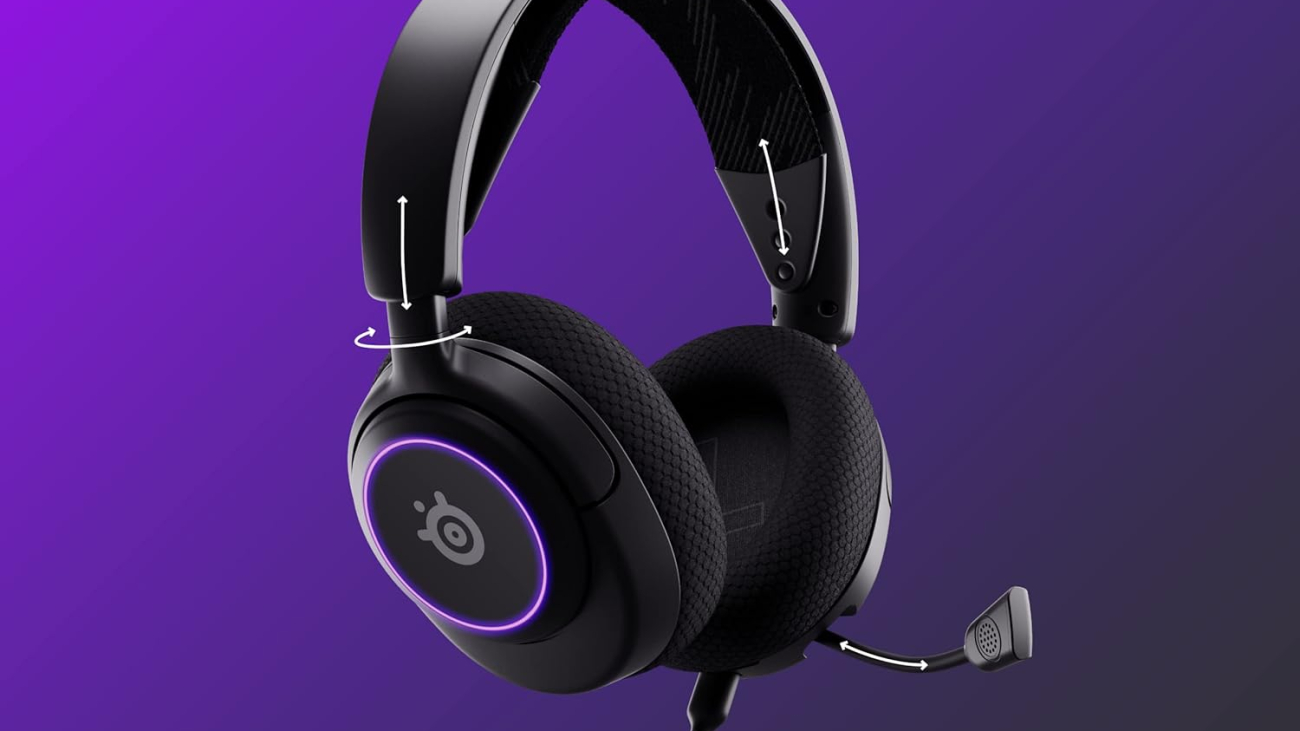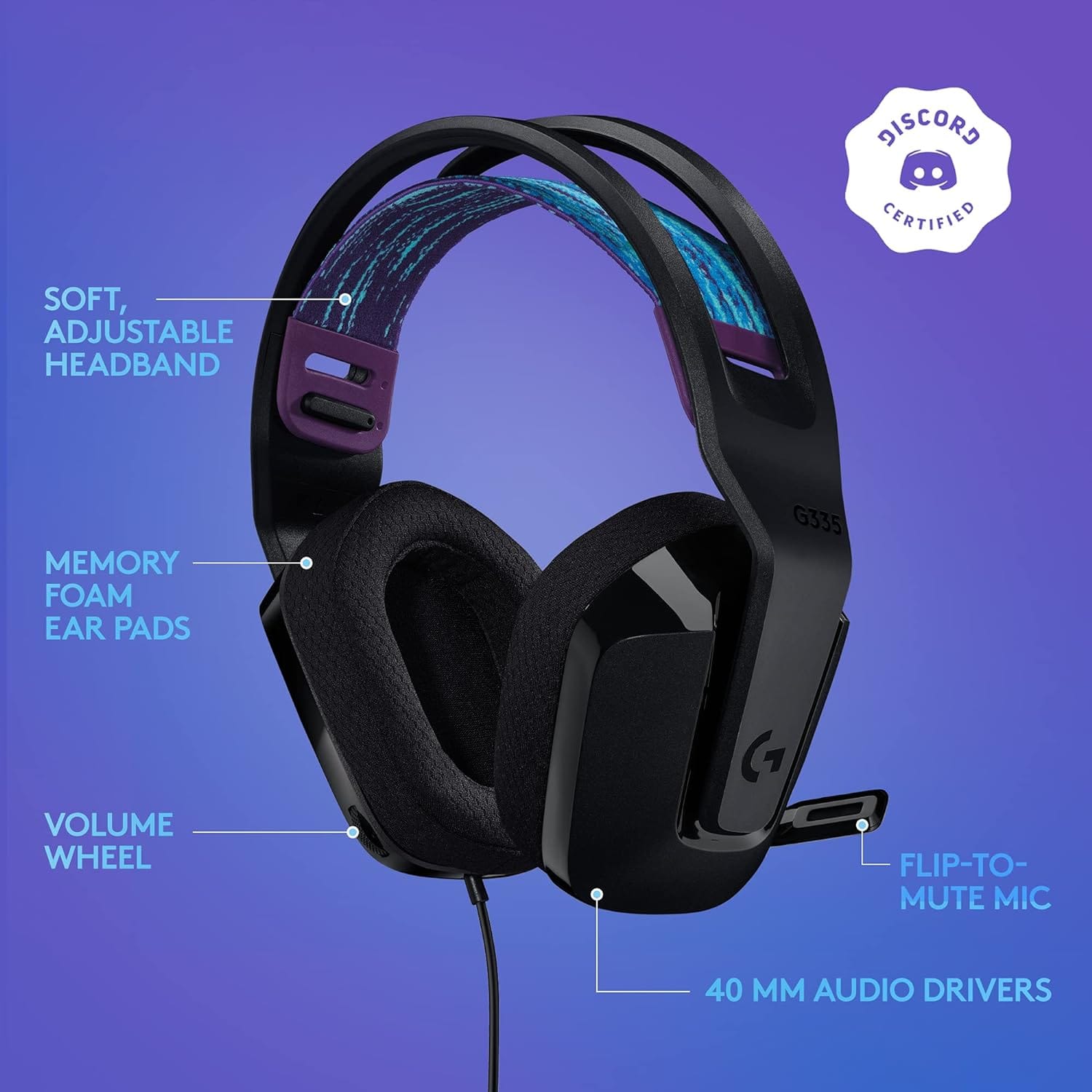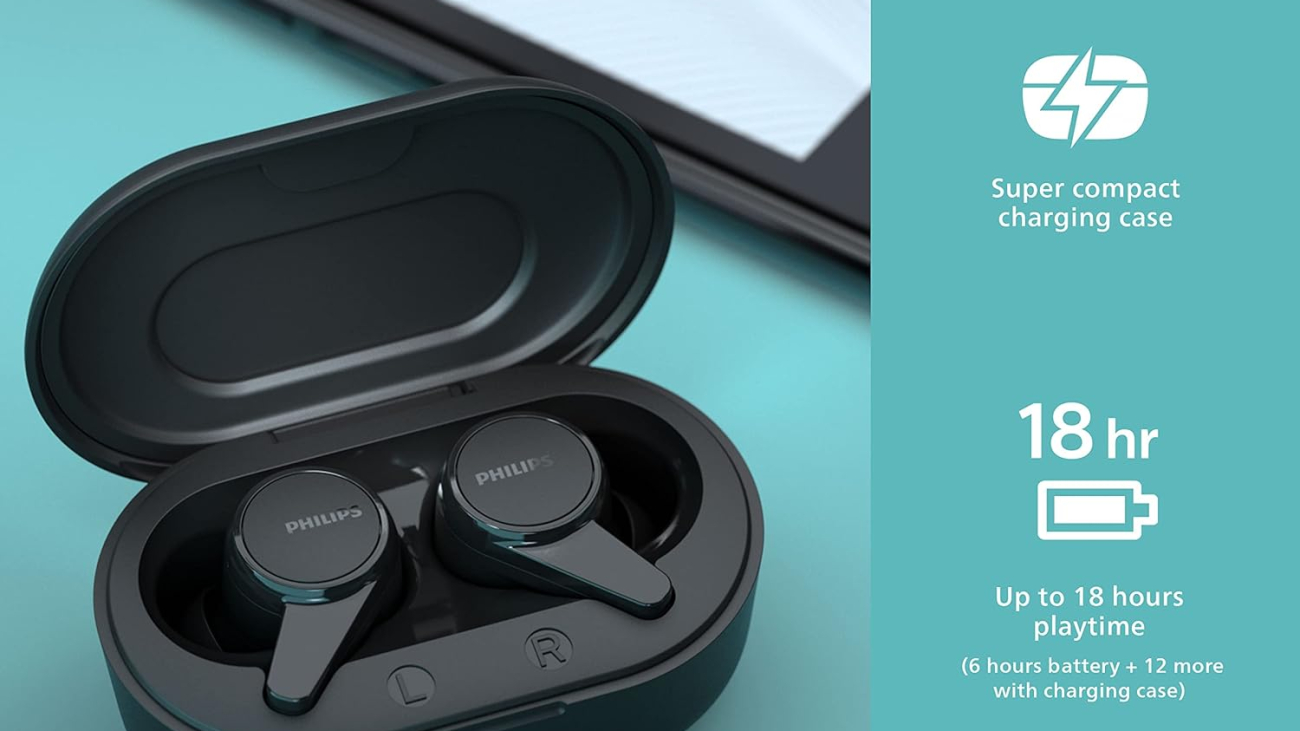The Lenovo Legion H500 PRO gaming headset promises to elevate your gameplay with its advanced features and ergonomic design. From precise 7.1 surround sound to a high-end noise-cancelling microphone, this headset aims to immerse you fully in your gaming adventures.
Product Information: The Lenovo Legion H500 PRO delivers powerful 7.1 surround sound without the need for additional drivers, ensuring a rich audio environment for both competitive gaming and immersive storytelling experiences. It features a high-end retractable noise-cancelling microphone that enhances communication clarity during intense gaming sessions.
Designed for comfort and durability, the headset boasts soft, high-quality PU leather ear cups and a sturdy stainless steel headband that offers self-adjusting suspension. Whether you’re gaming for hours or enjoying multimedia, the ergonomic design keeps you comfortable and engaged.
Why People Prefer This Product: Gamers prefer the Lenovo Legion H500 PRO for its superior audio quality, comfortable design, and versatile compatibility across multiple platforms including PC, PS4, Xbox One, and Nintendo Switch. Its intuitive controls, including a 7.1 surround sound switch and mic mute, enhance user convenience during gameplay.
Features:
- Driverless 7.1 surround sound for immersive audio
- Retractable noise-cancelling microphone for crystal-clear communication
- Ergonomic design with soft PU leather ear cups for extended comfort
- Compatible with Windows, Mac OS, Xbox One, PS4, and Nintendo Switch
- Intuitive controls for mic mute, volume adjustment, and equalizer profiles
Additional Features: The headset includes preset equalizer profiles that optimize audio for different gaming scenarios, ensuring an enhanced auditory experience tailored to your preferences.
.
Other Users Opinion: Users commend the headset for its exceptional audio clarity, comfort during extended use, and robust build quality. It has garnered positive reviews for its ability to deliver immersive gaming audio and clear communication.
Our Verdict: The Lenovo Legion H500 PRO gaming headset stands out as a top choice for gamers seeking superior audio performance and comfort. With its advanced features and versatile compatibility, it’s a worthwhile investment for enhancing your gaming setup.
Pros and Cons: Pros:
- Powerful 7.1 surround sound
- Retractable noise-cancelling microphone
- Comfortable PU leather ear cups
- Versatile platform compatibility
Cons:
- May feel slightly bulky for some users
The Lenovo Legion H500 PRO gaming headset excels in delivering high-quality audio and ergonomic comfort, making it an ideal choice for gamers looking to elevate their gaming experience. Its advanced features and robust design ensure both performance and durability.
See More Information and Buy on Amazon: Lenovo Legion H500 PRO Gaming Headset
REVIEW: SteelSeries New Arctis Nova 3 Review: Unmatched Audio Quality and Comfort
Read our reviews that will provide insights into the real-world performance and reliability of Outdoor Speakers
REVIEWS: Earbuds
























